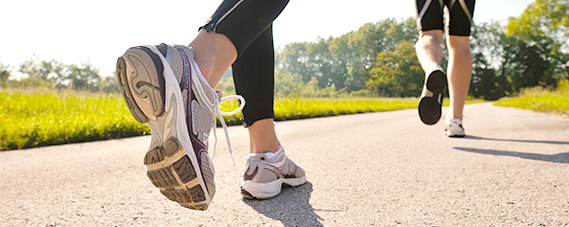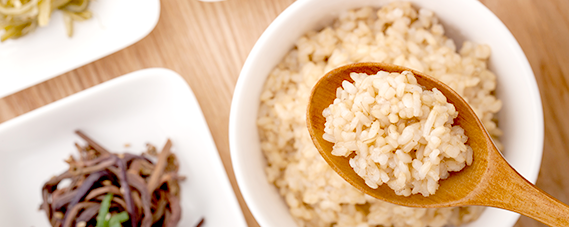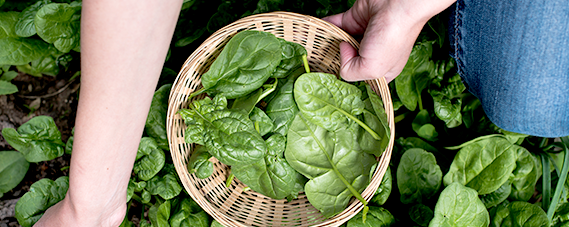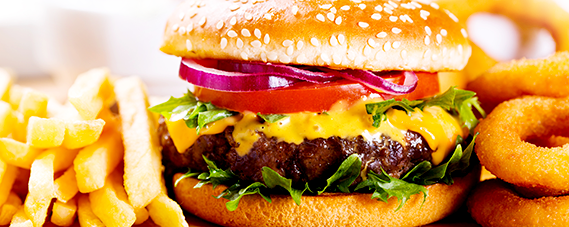- View 3590
-

Reduce total calories consumed per day
(intake calories < calories consumed)It is recommended to reduce your weight by 2 kg per month, and you should limit your daily intake by 300 to 500 kcal per day. Also, you need to have a balanced meal within your caloric-restriction diet plan rather than eating only one or two foods. In addition, keep continuing aerobic exercises at least for 30 minutes per once, 5 times a week on the basis of your diet plan. Please do a 20-minute strength exercise twice a week, too.
-

Do not skip your meal
Skipping a meal doesn't cut calories, the opposite is true. If we don't have regular meals, our body tends to accumulate more fat for contingency once it comes in.
-

Eat slowly and enjoy more
By eating quickly, the blood glucose will rises rapidly. The high level of glucose concentration will promote the accumulation process to stored fat and impede the satiety, after all it will lead to overeating.
-

Avoid eating before you go to bed.
The parasympathetic nervous system is activated vigorously during your rest or before bed. If you keep a habit like eating something right before your bed or while you‘re at rest, it will result in more fat storage.
-

Limit intake of foods containing added salt.
Spicy and salty food enhance appetite and can affect to overeating.
-

Eat foods high in dietary fiber.
Dietary fiber will allow you to feel full with a small amount of calories and supply enough of vitamins and minerals, too. Whole grains such as beans, barley are recommended rather than refined rice as well as fresh vegetables, seaweeds including dried one and mushrooms. In addition, fruits have sugar in them, intake less than 2 on a daily basis.
-

Limit food intake that are high in calories and fat.
Reduce fat intake with too much animal fat(greasy meat, processed foods, snacks, etc.) and oily food(deep fried dishes, dressings, etc.)
-

Reduce snacks.
Especially, avoid not only food that are high in sugar such as bread, cakes, sweets, ice cream, candy, chocolate, and jam but also beverages with added sugar, such as soft drinks, lemonades, Shikhae(a sweet drink made from fermented rice), Sujeonggwa(dessert punch with persimmon, cinnamon, and ginger), and coffees.
-

Avoid drinking.
One gram of alcohol provides 7 calories which is nearly as much energy as fat. 3 glasses of Soju (150ml) = 15 bottles of beer (75ml) = 2 glasses of whiskey (80ml) = 2 glasses of wine (240ml) = 2 glasses of rice wine (480ml) provides 200kcal. < Calorie reference > 1 bowl of rice (210g): about 300kcal
-

Drink more than 8 glasses of water per day.
Drinking water between the meals can be helpful to decrease the hunger you feel. It may also help you to control your diet by managing hunger.
Treating Obesity through Diet
Treating Obesity
through Diet
What is obesity?
Obesity is a condition when a person carries excessive body fat more than necessary.
In most cases, fat accumulation can occur if you consume more calories than you burn as energy through physical activity.
Source - Seoul National University Hospital Healthcare System Gangnam Center



